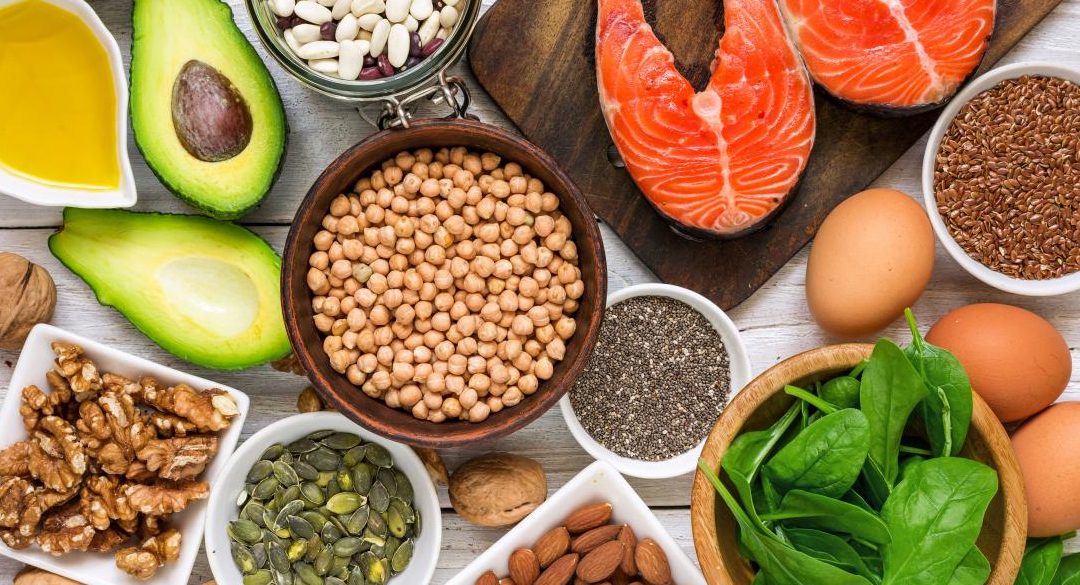Did you know heart disease is the main reason and the world’s leading cause of death these days? Having high cholesterol levels, especially “bad” LDL (Low-density lipoprotein) is considered to be the main reason to increase the risk of heart disease. It’s important to know about the best diets and supplements to lower your cholesterol.
There are several supplements and foods which are not just part of a healthy diet, but they can also work positively and actively to help your body to lower your increased cholesterol too. The more you add these to your diet the more you will be able to lower your cholesterol. Those supplements and foods are:
- 1. Hypercet Cholesterol Formula– It is the best supplement one can opt for. It is enriched with magnesium, calcium, glucans, and chromium. These ingredients promote healthy blood circulation by ensuring adequate amounts of blood reaching your heart. Therefore, it can be concluded that the supplement works effectively while regulating the levels of good and bad cholesterol in the body. It is 100 % safe, non-addictive, natural herbal remedy.
- Soya foods- Soya enriched food will help you to lower your cholesterol. They are full of protein, minerals, and vitamins and they are low in saturated fat. You can also switch your dairy products to soya alternatives.
- 3. Fruits and vegetables– Fruits and vegetable are rich in minerals and vitamins. They contain very little or no fat and they are low in cholesterol too. Fruits and vegetable are also high in fiber. Some of the examples are apples, strawberries, sweet potato, broccoli, ladyfingers, etc.
- Nuts- Nuts are really good for you. They are rich in protein, magnesium, potassium and vitamin E. They can reduce blood pressure and lower your risk of heart disease. They are rich in fiber, which can help block some cholesterol being absorbed into the blood from your gut. They are healthy too.
- Oats and barley- They are rich in beta-glucan, which is a type of fiber which helps you to lower your cholesterol. Eating two to three servings daily of these can reduce the risk of heart disease and stroke by 20%. They are low in fat too, and they can be part of your healthy diet.
- Unsaturated fats- One should cut down on saturated fat to lower the risk of high cholesterol. Avocados are the best example of unsaturated fats. They are rich in monounsaturated fats and fiber too and these two helps you to lower “bad” LDL. People who are overweight and obese, they should surely have one avocado daily to lower the risk of high cholesterol.
- Omega-3 fatty acids and fatty fish- Omega-3 fatty acids don’t affect LDL cholesterol levels, but these acids give other heart benefits. People with high cholesterol should have fish that have higher fatty acids. It is advisable for everyone to eat at least two servings of fish every week. Tuna and Salmon are an excellent source of Omega-3 fatty acids. Also, keep in mind the healthiest ways to cook fish are baking, steaming or grilling. You can lower the risk by adding these foods in your diet and intake of these foods will take you back on a healthy life and keep your heart healthy.
Diseases Associated with High Cholesterol:
High cholesterol is usually associated with an increased risk of developing heart disease. It includes hypertension, coronary heart disease, peripheral vascular disease, and stroke. High cholesterol levels are also related to high blood pressure and diabetes.
Here are some diseases associated with high cholesterol levels:
Hypertension
High blood pressure can be caused by high cholesterol levels, wherein it involves the hardening of the arteries and eventually narrowing of the blood path with calcium and cholesterol plaque. It means that the heart needs to strain much harder for blood to be pumped through the arteries, resulting in abnormally high blood pressure.
One type of blood pressure is pulmonary hypertension (PH), which affects the arteries in the lungs and the heart’s right side. There are many types of pulmonary hypertension, like what you’ll found when you click here. In one type of PH, called pulmonary arterial hypertension (PAH), the blood vessels in the lungs are blocked, narrowed, or destroyed.
Heart Disease
One of the greatest risks of high cholesterol levels is heart disease. High levels of cholesterol accumulate in the walls of the arteries.
Plaque causes arterial hardening or atherosclerosis, wherein the arteries become narrowed, reducing the heart muscle blood flow, causing angina. The patients experience chest pain, and it may result in a heart attack if the arteries become blocked completely.
Peripheral Vascular Disease
Peripheral vascular disease pertains to diseases of blood vessels located outside the heart and the brain. Fatty deposits can accumulate along artery walls, which affect blood circulation, most especially the legs and feet.
Stroke
When the small arteries in the brain become narrowed, a stroke happens if the blood vessel becomes blocked completely, causing a stroke.
Diabetes
Because diabetes can cause an imbalance between good and bad cholesterol levels, the blood vessels become narrowed due to glucose or sugar and cholesterol plaque. Diabetic patients tend to have bad cholesterol particles accumulate in the arteries, causing damage to the blood vessel walls.
For more health, lifestyle, and culture — follow us @HOLRMagazine.




